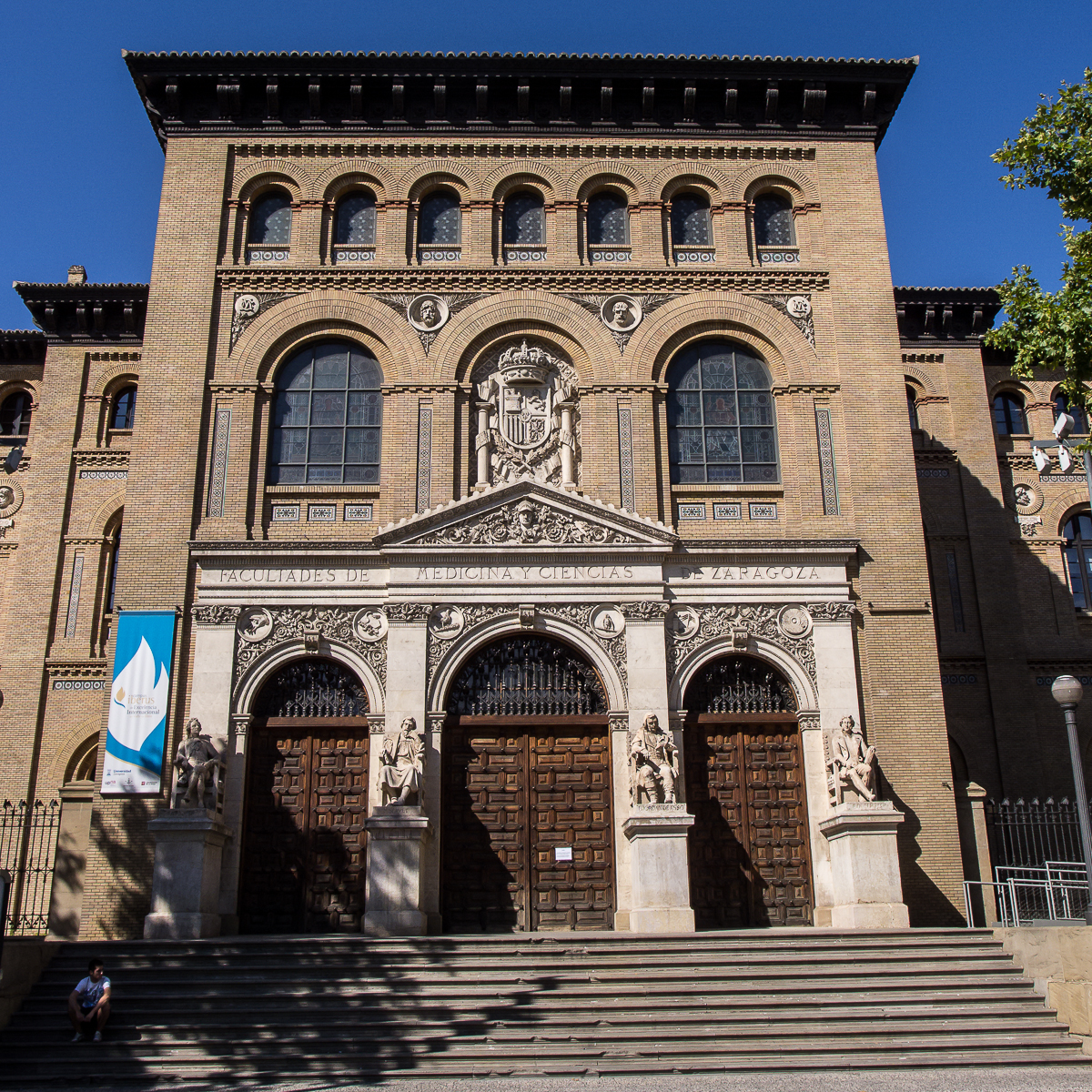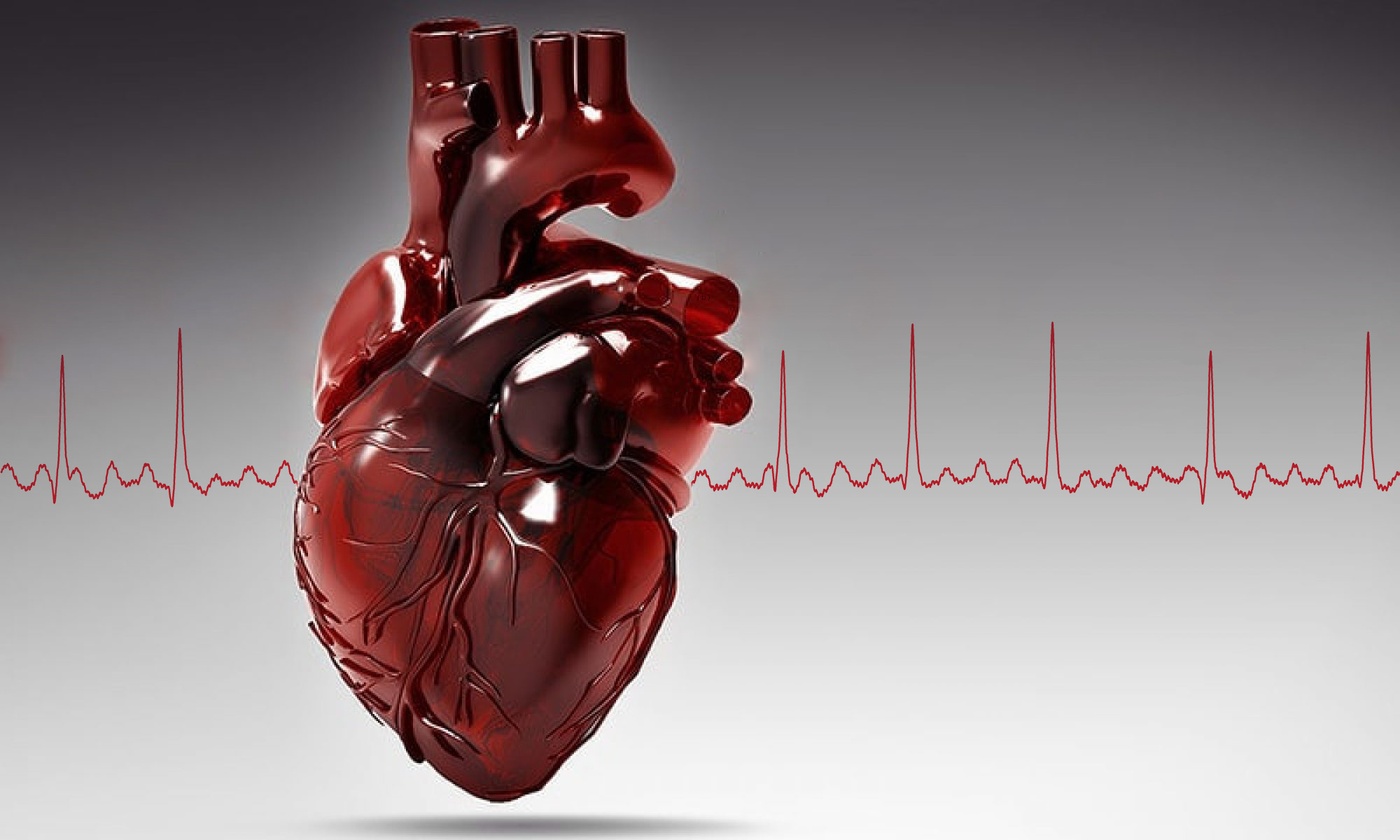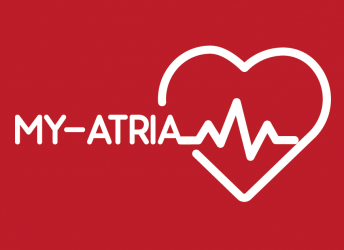Winter School in Milano, Italy
January, 2021

The event was focused on technology transfer including how to identify scientific potential in research projects, CE‐marking, commercialization, patents and trade secrets. Training included aspects related to Project management, Intellectual property protection, Commercialisation, Quality assurance and Entrepreneurship in life science. For the impossibility to travel imposed by COVID-19 restrictions, the event was held on‐line.
Summer School in Gargnano, Italy
September, 2020

It will be located in “Palazzo Feltrinelli”, at the Garda lake in Gargnano (BS, Italy) belonging to UMIL. The event will focus on the exploitation of research results and will count with the contribution of the industrial partners EMP, BRC, MIE. Training will include aspects related to Project management, Intellectual property protection, Commercialisation, Quality assurance and Entrepreneurship in life science, and the importance of networking and the challenges related to collaborative research.
This event has been postponed to January 2021 due to Covid-related restrictions and location was moved to MilanoSummer School in Jaca, Spain
22-25 September, 2019

The event has been held in the University residence in Jaca, belonging to UNIZAR and including teaching facilities. The event focused on modelling and signal processing techniques and its application to Atrial Fibrillation management, emphasizing the future challenges in the development of tools for detection, diagnosing, therapy delivery and monitoring.
Winter School in Lund, Sweden
15-17 January, 2019

Lund’s Winter School was the first of the three training activities planned for MY-ATRIA project, gathering together professionals from different fields for the study of cardiac tachyarrhythmia. This multidisciplinary environment provided a great opportunity for in-depth interdisciplinary discussions about atrial structure, function and clinical treatments; the pillars of MY-ATRIA network

